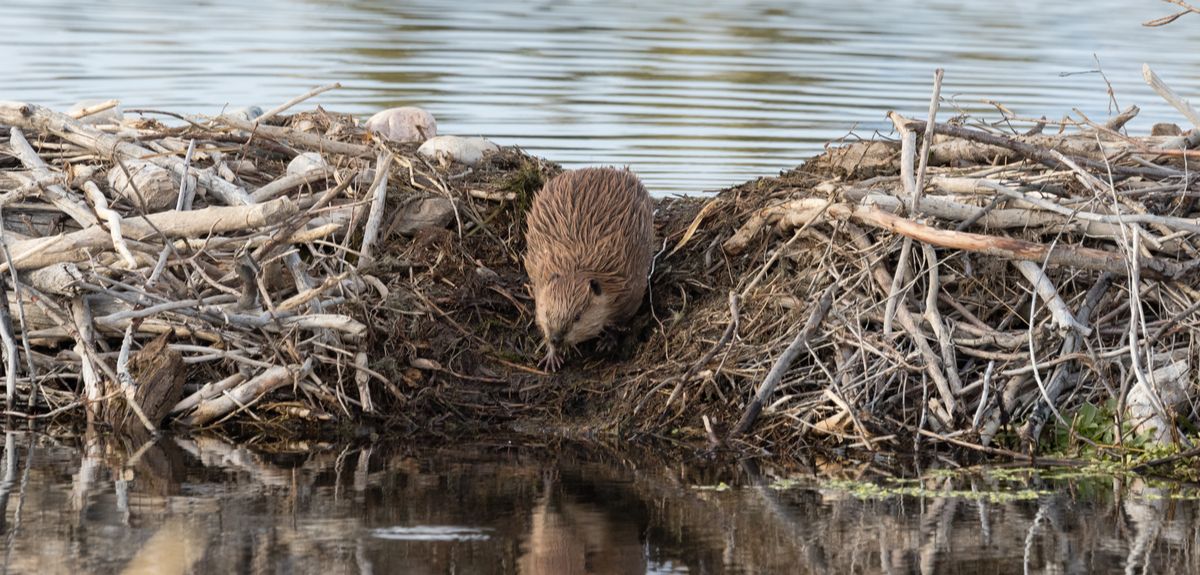
Nature must be a partner, not just a provider of services – Oxford report
Nature based Solutions (NbS) could support transformative change in environmental sustainability - to address major societal challenges, including the climate crisis - according to a new paper from Oxford researchers.
But, the team warns, there must be a move away from the narrow framing of what nature can ‘do’ for society to an integrated approach, where solutions are understood as place-based, activated by people in partnership with nature.
There must be a move away from the narrow framing of what nature can ‘do’ for society
This issue has real world implications for the way nature becomes an integrated part of the response to environmental challenges. For example, positioning the action of tree planting as simply a way to mitigate climate change, rather than a dynamic relationship between people and nature, is over simplistic. This is not conducive to transformative change and perpetuates a separation between people and nature.
For research, policy, and practice on NbS to support transformative change, it is crucial for the framing of the concept to move away from a separation between people and nature, and welcome other ways of understanding human-nature relationships.
Paper author Alexandre Chausson says, ‘Nature Based Solutions are often talked about in terms of transformational change. And, NbS are key to address the climate crisis, food and water insecurity, and biodiversity loss.
‘But the way they are talked about needs to be transformational as well because, ultimately, how the concept is communicated shapes the solutions that are put forward on the table for policy and practice.’
Understanding NbS as a dynamic partnership between people and nature, is crucial to deliver resilient actions that work for people and nature
Alexandre Chausson
He highlights, ‘Understanding NbS as a dynamic partnership between people and nature, is crucial to deliver resilient actions that work for people and nature.’
Co-author Annie Welden points out, ‘NbS are often framed as nature working for people but, by recognising human well-being and nature as intertwined, the concept of NbS can support a transformation of human relations with nature. Rather than seeing ourselves apart from nature, we need to see ourselves as a part of it.’
She adds, ‘The reframing moves away from us seeing nature as solely providing goods and services.’
In the case of beaver-assisted restoration, she says, people may work with beavers on the restoration, rather than controlling them. The beavers, who are best placed to deliver sustainable results, are left to make positive changes in the landscape, so the project may be successfully achieved for people and nature, with limited human intervention.
Rather than seeing ourselves apart from nature, we need to see ourselves as a part of it
Annie Welden
Co-author Marina Melanidis adds, ‘The separation between people and nature that is rooted in Western worldviews and all too often shapes global environmental discourse and policy is an artificial one. Many communities and cultures have understood the interconnected relationship between people and nature for centuries.
Framing NbS in a way that actively makes space for non-Western ways of knowing is an important part of the process
Marina Melanidis
‘While the ability to ensure those voices are integrated into NbS depends on critically addressing politics and power, framing NbS in a way that actively makes space for non-Western ways of knowing is an important part of the process.’
 British children are growing taller but not for the right reasons
British children are growing taller but not for the right reasons
 Expert Comment: The war in the Gulf
Expert Comment: The war in the Gulf
 International Advisory Board to strengthen global leadership in primary care
International Advisory Board to strengthen global leadership in primary care
 Expert Comment: Church-to-mosque conversions grab headlines, but is funding the real crisis?
Expert Comment: Church-to-mosque conversions grab headlines, but is funding the real crisis?